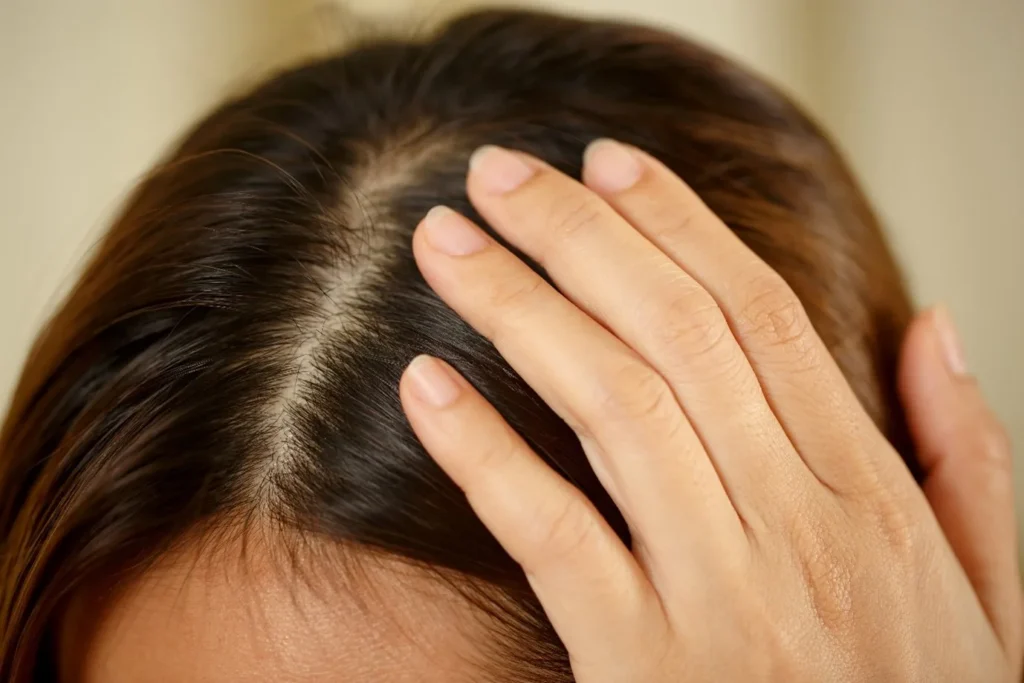
In the quest for a healthy and vibrant mane, the state of our scalp often takes center stage. One common misconception that many face is misinterpreting dryness as dandruff. In this guide, we’ll unravel the mystery behind a dry scalp, distinguish it from dandruff, and explore effective strategies to prevent and alleviate the discomfort that comes with it.
Understanding the Dry Scalp Dilemma
Dry scalp, characterized by flakiness and itchiness, is a prevalent issue that can be mistaken for dandruff. The key difference lies in the cause. While dandruff is often linked to an overgrowth of a yeast-like fungus on the scalp, dryness is a result of insufficient moisture.
Identifying Dry Scalp: Know the Signs
1. Flakiness Without Oiliness:
Unlike dandruff, a dry scalp tends to produce small, dry flakes. These flakes are not oily and are more likely to be dispersed rather than clumped together.
2. Tightness and Itchiness:
Dry scalp is often accompanied by a sensation of tightness and itching. If you find yourself scratching your head more frequently without visible oily flakes, it’s likely dryness rather than dandruff.
3. Seasonal Sensitivity:
Dry scalp can be exacerbated by environmental factors, such as cold weather or low humidity. If you notice increased discomfort during specific seasons, it could be an indication of dryness.
Preventing and Alleviating Dry Scalp Woes
1. Hydrate from Within:
Adequate hydration is crucial for maintaining a healthy scalp. Ensure you’re drinking enough water throughout the day to support overall skin health, including your scalp.
2. Gentle Cleansing:
Opt for a mild, moisturizing shampoo that is free from harsh chemicals. Avoid overwashing, as excessive cleansing can strip the scalp of its natural oils, contributing to dryness.
3. Regular Conditioning:
Use a conditioner designed to nourish the scalp and hair. Focus on applying the conditioner to the ends of your hair and the mid-lengths to prevent it from weighing down your roots.
4. Scalp Massage:
Incorporate a gentle scalp massage into your routine. This not only promotes blood circulation but also helps distribute natural oils, preventing dryness.
5. Humidify Your Environment:
Consider using a humidifier, especially in dry or cold seasons, to maintain an optimal level of moisture in the air. This can contribute to a healthier scalp.
Conclusion: Nurturing Your Scalp for Optimal Health
Understanding the distinction between dryness and dandruff is crucial for implementing targeted solutions. By adopting a holistic approach that focuses on hydration, gentle cleansing, and regular conditioning, you can nurture your scalp, ensuring it remains comfortable, flake-free, and ready to showcase your luscious locks.
Feel like your hair needs a detox?

